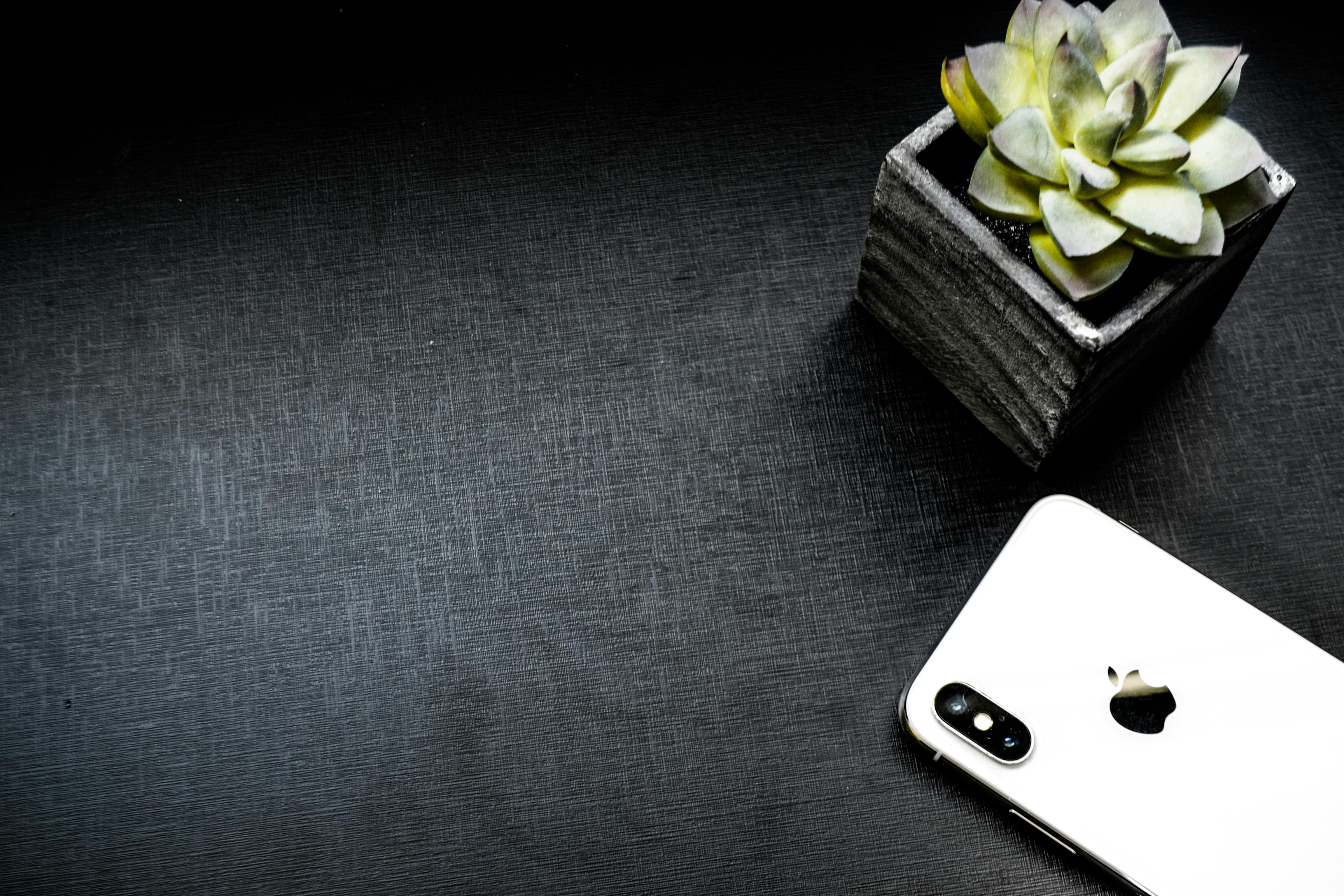The Amazon Echo is touted as the best-selling wireless voice-activated speaker and personal digital assistant. Most owners of this device use it for more than just listening to music or asking interesting questions and requests. Other applications include the ability to get transportation, order a pizza, and the ability to control integrated smart devices within your home.
According to Consumer Intelligence Research Partners (CIRP), it estimates that 3 million Amazon Echo units were sold in the United States. The data does not take into account sales of the newest additions to the line, the Tap and Echo Dot. Novelty aside, the Echo is growing in popularity daily. The reviews of the device are above average, while the benefits are even more amazing.
Amazon is one of the leaders in digital media, but it had no idea how well the Echo would be received by consumers. It started out as a sleeper item until word of mouth made it a household name and, not to mention, the recent appearance of commercials showcasing its sleek features.
The “skills” used by the device through the digital assistant are regularly updated and are now open to third-party developers to add their innovative and well-intentioned list of skills for further technological improvement. Because the Echo is the first of its kind, so to speak, they have competitors clamoring for their share of the pie. Like Google Home, which will have a better interactive interface, and then of course the resurgence of Apple TV.
The number of consumers who own the Echo is pretty impressive. However, some have complained about the cost and inconvenience of having to move it from room to room. To address these issues, Amazon introduced two additional Echo models.
The Tap, which is the portable version of the speaker, doesn’t need to be plugged in unless the battery is being recharged. It works just like the Echo, but it’s not voice activated. The talk button must be pressed to interact with the device, hence the name Tap. The other new member is the Echo Dot. It’s as small as a hockey puck but has the same voice activation as the Echo. A Bluetooth speaker or stereo system can be connected to it.
I have an Echo, but for it to work efficiently, there needs to be a Wi-Fi connection and electricity. Without either, it won’t work. Due to the need for electricity, some consumers have chosen to purchase one for each room in their home. It saves them time from having to move it from room to room and waiting for it to restart once it’s plugged into an outlet.
Some consumers debated whether to buy the Tap since it’s portable. Luckily for them, though, they put it off, because some third-party vendors introduced a new accessory for the Echo, a battery charger or cradle.
Now it is possible to enjoy the device in more than one room without having to be connected to a power outlet. However, a Wi-Fi or Bluetooth connection is still required. There are several battery chargers to choose from depending on the needs of the user. The most popular model has its own proprietary 18-volt power adapter that will charge up to 18 hours.
There are other battery boots that can hold a charge for up to six hours. For these models, the Echo’s power adapter cable can be used to recharge them. The Echo can be used while it is charging. The battery will remain in a standby state, so it won’t run out while it’s plugged in.
The bases fit snugly into the bottom of the Echo like a cup and don’t look bulky. Both devices seem to merge once they fit properly. The sole of the boots is made of non-slip materials that provide stability to the Echo.
A pair of battery bases have LED lights on the front to indicate charging and low battery status. Portability and convenience make these battery cases a welcome power alternative for the Amazon Echo.



